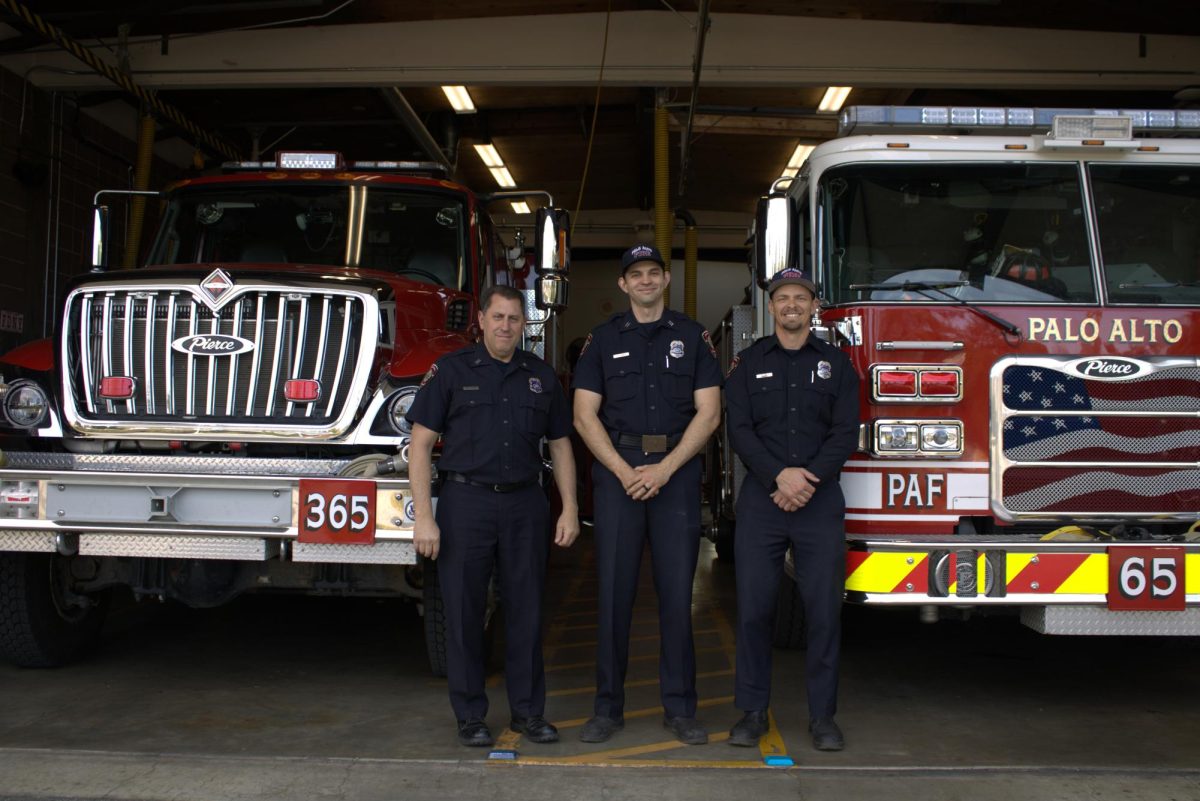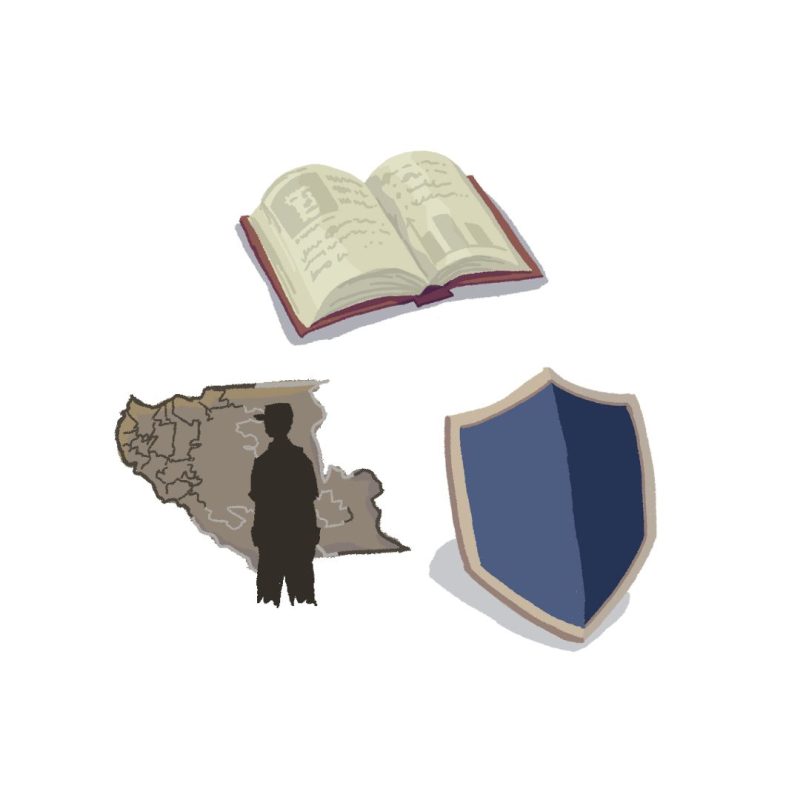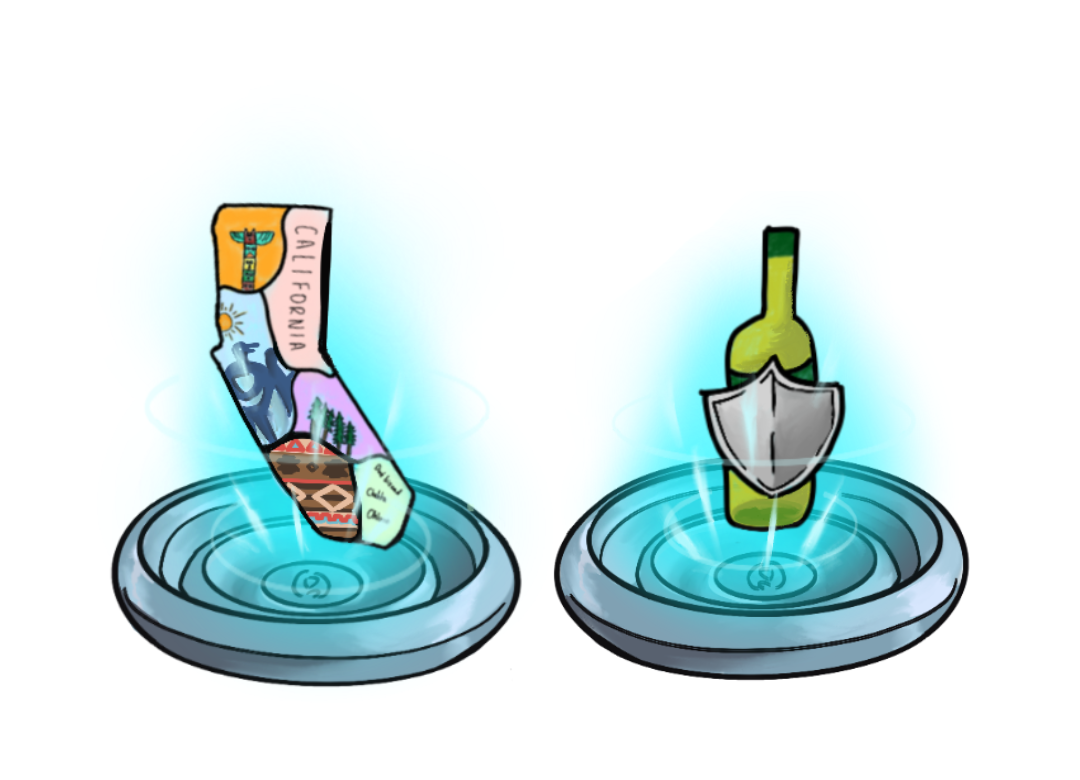
Written by Yuki Klotz-Burwell
Adolescent Counseling Services (ACS), the free on-site counseling program, is broadening its services this year and implementing changes, starting with the introduction of new supervisor Kin Leung. After last year’s tragedies, ACS is hoping to offer a program that allows students to feel connected and supported. “Coming in as a new person I can really sense that the administration is trying very hard to develop this relationship with the students,” Leung said. “There is a lot of development with trying harder to get to know the needs of the students better.”
According to Leung, ACS is working on strengthening relations with the admin- istration to accomplish their goals. They want to focus on providing support through an array of department—starting with guidance. “It’s important for students to feel comfortable going to their guidance counselors first because they’re not just here to look over your re?sume? and your transcript,” he said. “They also care a lot about you and have a lot of great things to offer.”

Although ACS has been providing students with assistance for over a decade, Leung says that coordinating and balancing the system can be challenging. Many students are unaware of the privacy options ACS holds and feel less motivated to seek help. Because of this, Leung feels that the need for organization within the group is crucial. “This is a big school—there is a huge need for communication,” he said. “The trickiest part about the work that we do is trying to be respectful about the privacy of our students.”
With the rigor of high school life, Leung feels that many students neglect their mental health and don’t give it the attention it requires. “Sometimes, having that little break where you can let steam out can be really helpful and put things in perspective,” he said. “ I think that’s something that a lot of students here forget to do.”
However, Leung reiterated that ACS is an important service that students should take advantage of. In the 2013-2014 school year, the organization served 9,558 individuals throughout the Santa Clara County. “My vision is that students can see ACS as part of their daily lives,” he said. “If they are going through something in life, they can stop by and have a place where they can feel safe and talk about what’s going on.”













